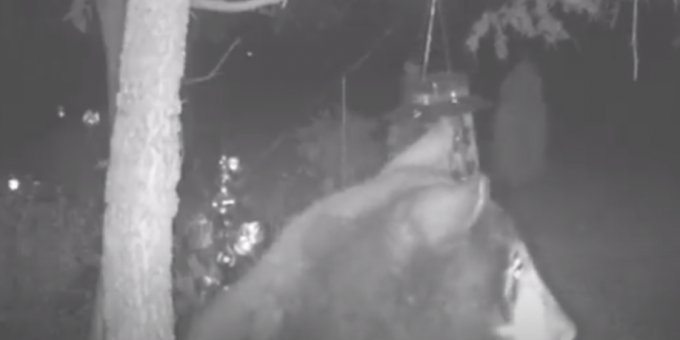
(UNDATED) – A black bear has been confirmed by the Kentucky Department of Fish & Wildlife north of Prospect, Kentucky, near Clark County, Indiana.
Because bears are strong swimmers, the bear may cross the Ohio River into the Hoosier state. According to DNR nongame mammalogist Brad Westrich, the sighting is not a cause for alarm but a time to prepare so negative interactions with the bear can be avoided.
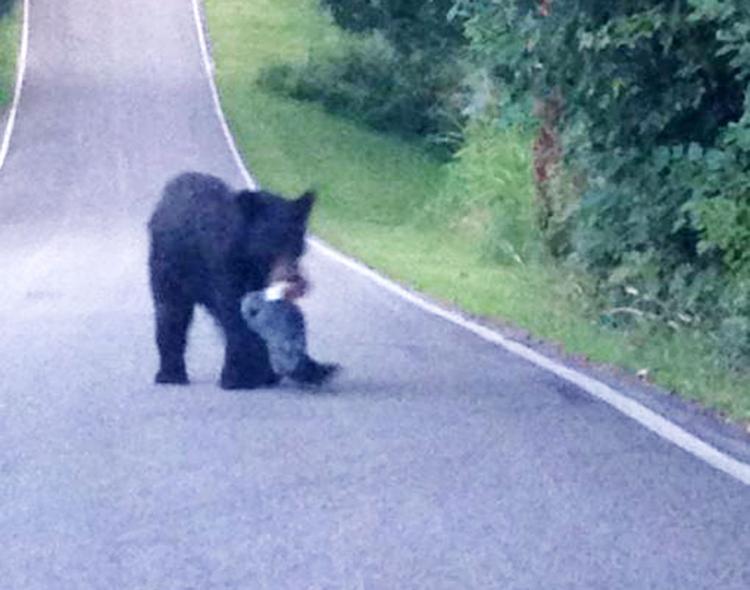
“We are fortunate that a confirmed sighting was made just across our state line,” Westrich said. “This sighting provides an opportunity for Hoosiers in the area to secure outdoor grills, trashcans, or pet and bird food. Black bears prefer to avoid humans, and removing potential food sources goes a long way to prevent negative interactions.”
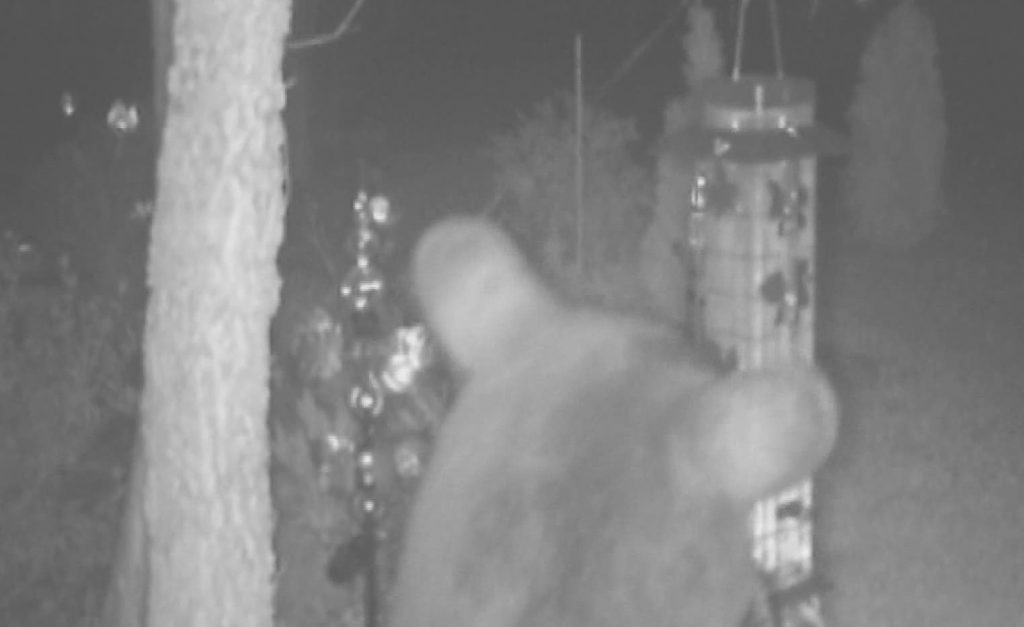
Individuals are encouraged to report any sightings of a bear using the DNR’s large mammal report form, on.IN.gov/largemammal, or by calling DNR Law Enforcement at 812-837-9536. Observations with evidence such as photos, video, tracks, or scat may require a follow-up visit by a DNR biologist for confirmation.
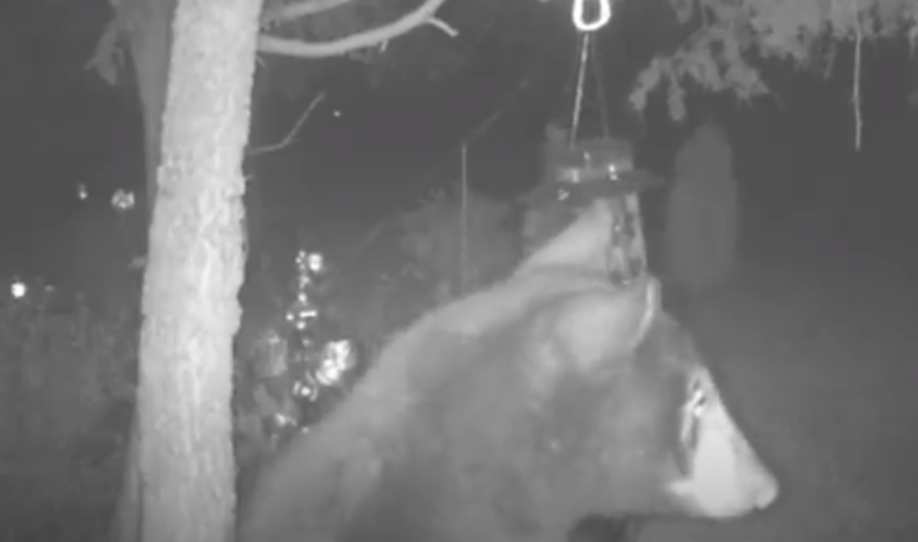
Since 2015, Indiana DNR has confirmed three black bears in the Hoosier state. Populations of black bears in neighboring states continue to increase, so it is not unusual that bears may disperse into Indiana. The deciduous forests and rough terrain in southern Indiana provide great habitat for black bears.
DNR urges citizens to be BearWise (bearwise.org) to minimize the possibility of conflict with black bears. Most problems with bears arise when bears associate food sources with humans.
Do not feed bears – intentionally or accidentally. Doing so increases the likelihood of negative bear-human interactions. Unfortunately, a fed bear often becomes a dead bear due to increased aggressive behaviors that can result from a loss of fear of humans – help keep wildlife wild. Individuals can protect pets by keeping cats and dogs indoors, leashed, or in an enclosure.
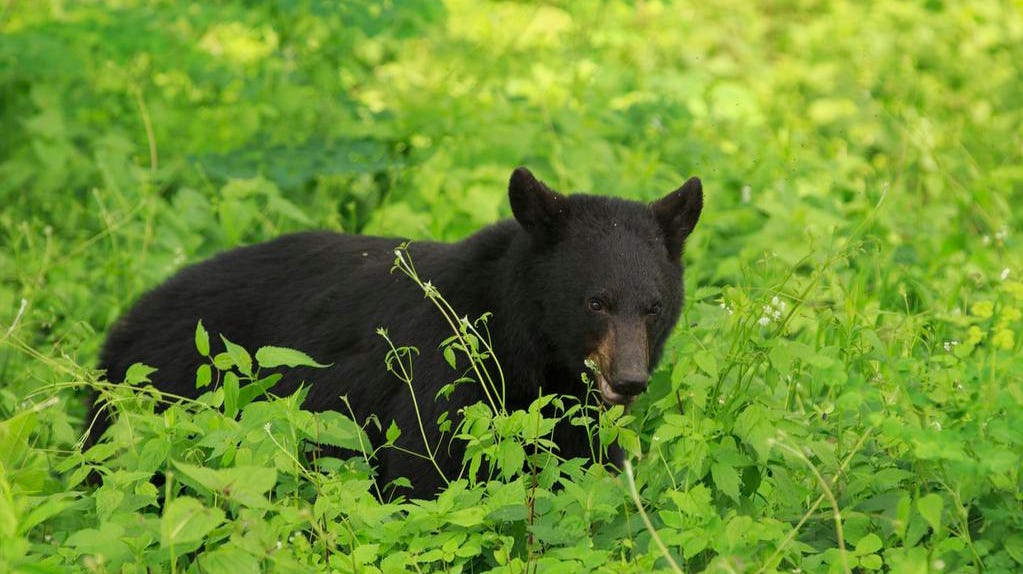
Bears can smell food from more than a mile away, so it’s important to secure food sources and discourage animals from associating humans and human dwellings with food. To reduce or eliminate the potential for bear-human conflicts:
- Don’t feed or approach a bear. Bears that become accustomed to finding food near your home may become “problem” bears.
- Secure trash cans or place them inside a garage or shed.
- Remove bird feeders and bird food from late March through November.
- Clean and store grills in a secure area after use.
- Don’t leave pet food outside overnight, and keep excess food stored and secure.
- Don’t add meat or sweets to a compost pile.
If you encounter a black bear:
- Do not run away or climb a tree to get away. Back away slowly. Look intimidating – wave your hands above your head, make loud noises.
- Do not approach the bear to get a better look or to harass it.
- Do not attempt to attract the bear to you, especially not through food lures.
- Wait in a vehicle or building for the bear to leave the area.
- If you take a photo of the bear, submit it to the large mammal report (wildlife.IN.gov/8497.htm), or call 812-334-1137.
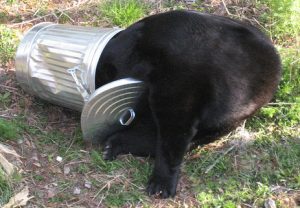
Communities need to work together to help keep this bear wild using BearWise practices. For more information regarding bear-safe practices visit: bearwise.org.
More information on black bears is at wildlife.IN.gov/8500.htm.



